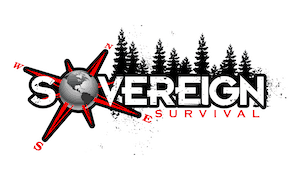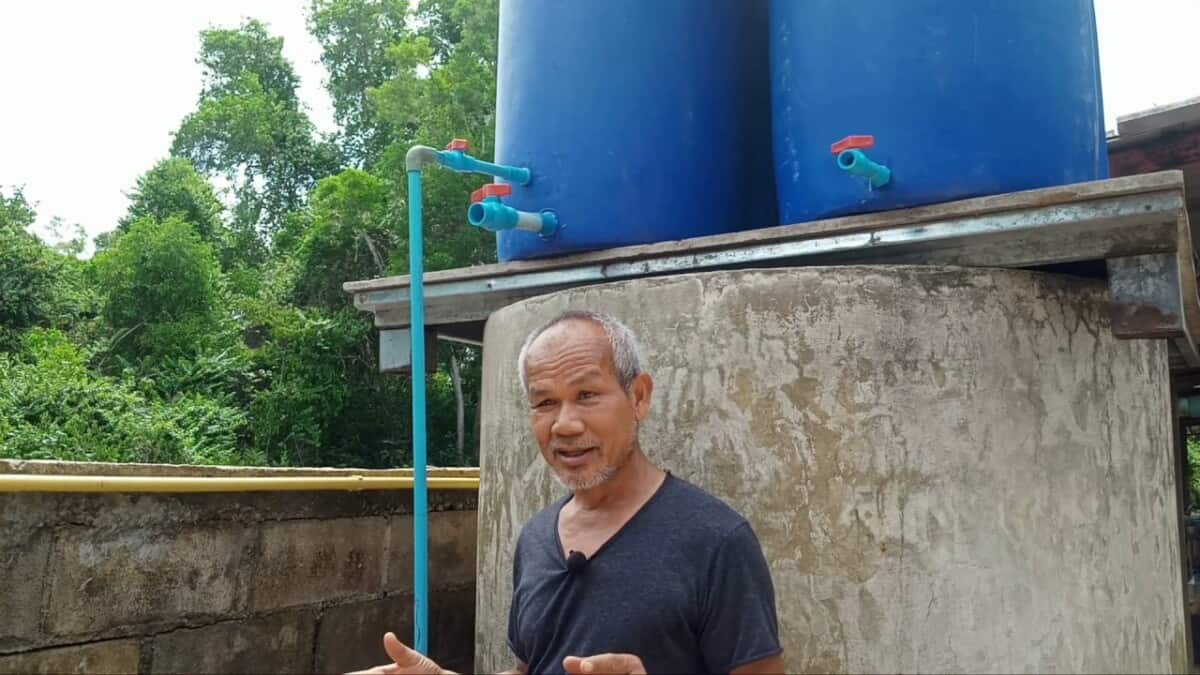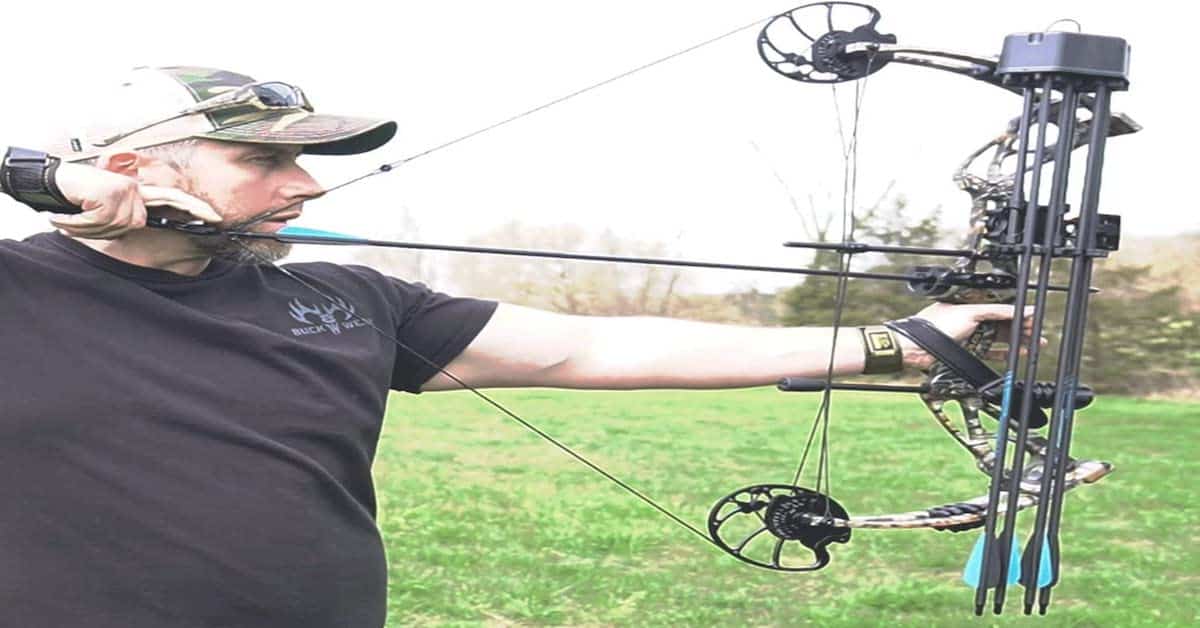Preparing for a natural disaster by packing a bug-out bag, owning survival equipment and keeping your home stocked with food and water is par-for-the-course in some areas and downright strange in others.
For example, those who live in rural Maine know that snowfall can be measured in feet and that it’s foolish not to have alternative sources of heat and light if the power goes out, while those who live in milder climes such as Georgia or Arkansas may not give these considerations much thought. The citizens of southern California may prepare for earthquakes, while those in Nebraska might not even think about it.
Preparing for the worst is a great idea, but declaring that you’re a prepper can bring about some interesting shifts in your life that no one may have told you were possibly going to happen.
Whether it’s a change in your interpersonal relationships, interest from law enforcement or even the threat of future danger, there are plenty of reasons to keep knowledge of your prepping limited to your closes friends and family.
7) You May Be Considered Paranoid.
According to the United Nations Office for Disaster Risk Reduction, an average of 399 people were killed in the United States by natural disasters each year from 1980 to 2010. That sounds like a very small amount of people.
However, those impacted by natural disasters stands at almost 27 million. That’s nearly a tenth of the population, using 2010’s estimate of 309 million people. If you have a one-in-ten chance of being impacted by a natural disaster in the next 30 years, shouldn’t you prepare for it?
Being aware of this fact and preparing for the possibility, however, is seen as paranoid by some. You may be laughed at or ostracized by some who are perfectly willing to take the risk of being caught unprepared.
Issues of personal safety and acceptable risk are deeply personal, and being outed as a prepper could draw scorn from those with a more cavalier outlook. If that person is your boss, you may want to keep your disaster plan to yourself.
6) Others May Assume the Worst.
With the sensationalism of the media, many folks have only seen extreme preppers who are awaiting the end of the world. The National Geographic Channel highlights such people on their program Doomsday Preppers, and the average person may not realize that the vast majority of preppers do not go to such extremes.
Others may assume you have an enormous arsenal of guns and ammunition, five years of food and water and your own survivalist stockpile in an underground bunker in your yard! Plenty of people are uncomfortable with that level of prepping and may subsequently feel uncomfortable about you and your plans.
If you do decide to discuss it, be prepared to explain the scope of your prepping. Most reasonable people would agree a bug-out bag and some supplies are a good idea, but you might need to go into detail if all the person has ever seen is the most extreme examples of prepping from the media.
5) Someone Might Call the Police.
In our hyper-aware society, people are pushed to be on the lookout for anyone who has the potential to be dangerous. To some, preparing for a disaster means that you might know about a disaster ahead of everyone else because you’re the cause of it.
Don’t be surprised if a nervous neighbor or coworker calls the police. As long as you have proper permits for firearms or building, prepping is not a crime. Try not to be upset if this happens, as it occurs mostly due to fear and ignorance.
4) You May Become a Target for Thieves.
The Bureau of Justice Statistics states that there were over 7 million burglaries a year from 2003 to 2007. While some home invasions are random, many are planned ahead of time with specific goals in mind.
If someone knows you have a bug-out bag full of your critical documents, stealing the bag will allow them to steal your identity. If you have firearms, they fetch good prices on the black market. For those who keep cash to use in case the electricity is interrupted, thieves will go to great lengths to get it.
Be careful who you tell and what you divulge about your prepping.
3) You May Become a Community Leader.
Depending on your geographical location and the sensibilities of your neighbors, you may find yourself the go-to person for information and education about prepping.
For example, if you live in an area that experiences natural disasters quite frequently and you are always among the first to recover completely, your neighbors will want to know your ‘secrets.’
Just like everybody in town might know that David down the block is the go-to guy for mechanical issues and that his wife Sue is the town’s best seamstress, you could become known as the prepping source. How you feel about this and how much you want to talk about prepping is entirely up to you.
We recommend joining MASK Tactical’s The Warrior Tribe if you want to become the go-to person for preparedness in your area.
2) People May Come to You in an Emergency.
Whether their power has gone out in a snowstorm or a tornado has torn through town, those who know you are prepared may seek you out for assistance.
Depending on the size of the emergency and how much help is available, you may be inundated and overwhelmed with too many people. For this reason alone, you may want to keep quiet about your prepping so that you have ample supplies for your close friends and family.
1) You May Be Invited to Join a Local Network.
As with any endeavor, there is usually strength in numbers. Other preppers in your area may want to get to know you, and you will need to decide if you want to interact with them.
Some more extreme preppers may only be interested in the survival and care of their families, while others include neighbors and local children into their plans. A lot depends on what your goal is. Like-minded individuals can form a loose alliance that can invaluable in an emergency, so consider joining the prepper community.
Being a prepper encompasses a lot of ground. Whether you just want to be prepared for a natural disaster that could last a few days or you want to be ready for a doomsday scenario, deciding to declare yourself a prepper is a deeply personal decision.
All of these factors may play a part in that decision, and you should think carefully before you decide whether or not to discuss your preparedness with others.
Sources:
http://www.preventionweb.net/english/countries/statistics/?cid=185
http://channel.nationalgeographic.com/channel/doomsday-preppers/






